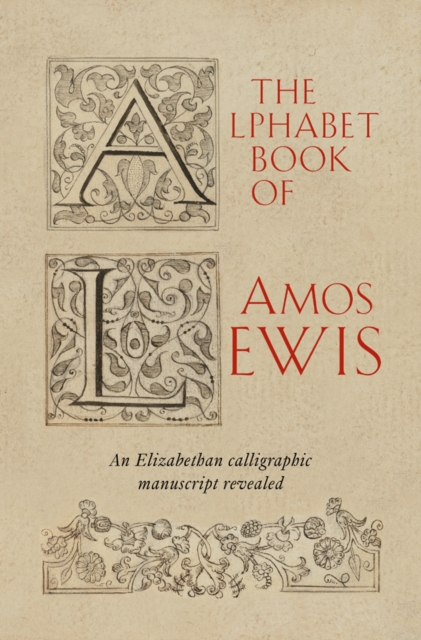
The Alphabet Book of Amos Lewis : An Elizabethan Calligraphic Manuscript Revealed Hardback
Edited by Simon Swynfen Jervis
Hardback
- Information
Description
The calligraphic manuscript presented here in facsimile was made in about 1585 in a bid for the patronage of an Elizabethan magnate, Sir John Petre of Thorndon Hall in Essex.
Its creator, Amos Lewis, hoped that it would give pleasure to Petre's son. A Protestant clergyman, Lewis must have despaired of employment in the Catholic Petre household.
His book is unfinished; the 'Z' text ends in pencil draft.
But incompletion saved it: had it entered the schoolroom it would have become thumbed and shabby and been discarded.
This precious survival is the earliest known attempt at an original writing book by an Englishman.
The first printed English writing book was A Book Containing divers sortes of hands (London, 1570) by John de Beau Chesne, a Frenchman. The Alphabet Book is a delightful miniature. Lewis combined varied scripts, ornament, Renaissance grotesques, strapwork, flowers and foliage, fine roman capital letters set against moresques, and polychrome Petre heraldry to emulate printed Continental writing books.
It begins and ends with poems, Latin and English, in which he presses his suit. The context is European: printed writing manuals first appeared in Venice and Rome in the 1520s.
Lewis's main model was a book by a Swiss master, Urban Wyss, published in Zurich in 1549.
His Latin texts to individual letters, stressing the value of learning, draw on proverbial wisdom gathered in Erasmus's compilations of adages first published in 1500 and since expanded by others, notably in Germany.
Lewis's Alphabet Book indeed opens a window into that flowering of humanistic culture which was central to learning and letters in the age of Shakespeare. Now that the digital revolution is perceived as a threat to handwriting Lewis's manuscript Alphabet Book is also a reminder that during an earlier technological revolution, that of printing with moveable type, books promoted skill, even virtuosity, in handwriting.
Information
-
Pre-OrderFree UK DeliveryThis title is available for pre-order
- Format:Hardback
- Pages:96 pages, 17 figures, 34 facsimile plates
- Publisher:John Adamson Publishing Consultants
- Publication Date:16/05/2024
- Category:
- ISBN:9781898565208
£40.00
£28.44
Information
-
Pre-OrderFree UK DeliveryThis title is available for pre-order
- Format:Hardback
- Pages:96 pages, 17 figures, 34 facsimile plates
- Publisher:John Adamson Publishing Consultants
- Publication Date:16/05/2024
- Category:
- ISBN:9781898565208